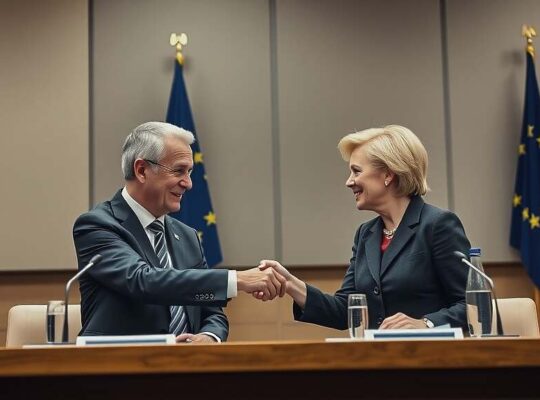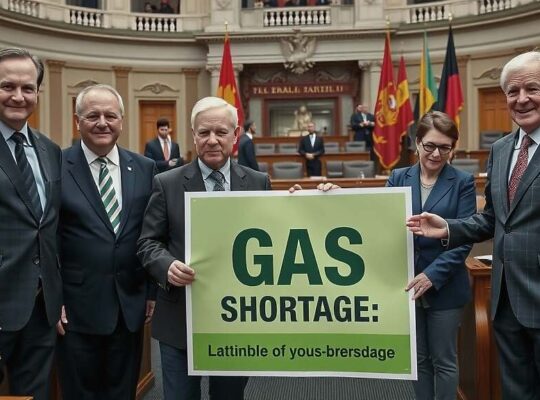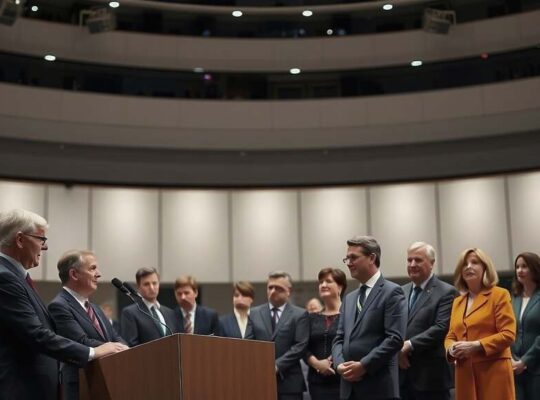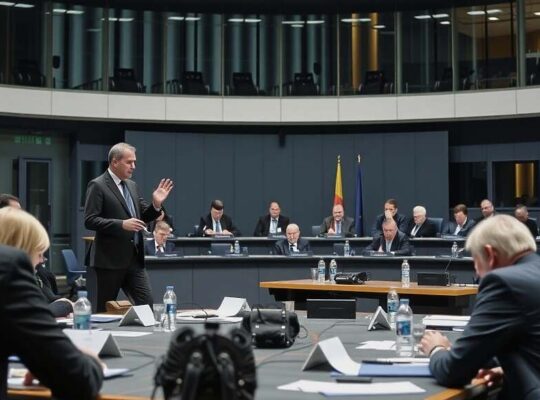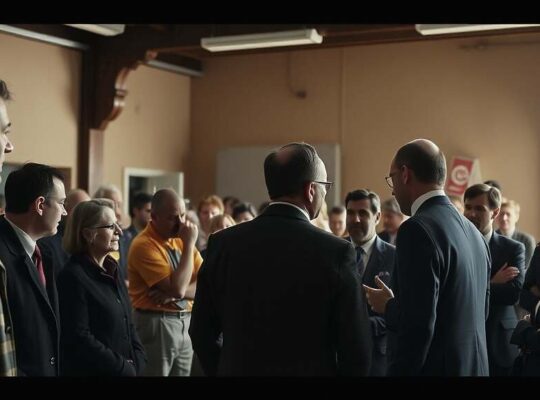Concerns are mounting over proposed radical reforms to the European Union’s budget, with the North Rhine-Westphalia Minister-President Hendrik Wüst expressing reservations about the potential impact on regional development. The reforms, set to be unveiled by the European Commission on Wednesday, aim to restructure the EU’s financial framework for the period 2028-2034.
The proposed changes would fundamentally alter the established budgetary structure, impacting significant portions of funding allocated to sectors including agriculture and regional cohesion. The European Commission, led by Ursula von der Leyen, intends to reshape how EU funds are distributed and managed.
Minister-President Wüst emphasized the critical role of regional engagement in maintaining the EU’s economic, social and territorial cohesion. He cautioned against any approach that bypasses regions, arguing that such a strategy would not serve the best interests of the Union. He stressed the necessity of ensuring regional input and maintaining the regions’ authority in decisions regarding the deployment of funds.
While reports suggest the EU Commission intends to shield agricultural funding within national plans, creating a protective barrier against repurposing, a similar safeguard is not currently envisioned for cohesion policy funding. This distinction has drawn particular attention and fueled debate regarding the balance of power and regional autonomy within the evolving EU budgetary framework.




